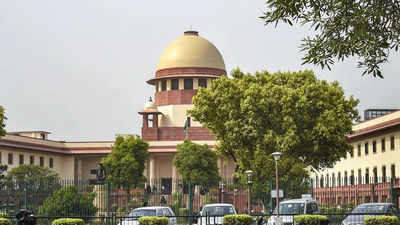The Supreme Court emphasized that courts should refrain from granting ex-parte injunctions against the publication of news articles except in exceptional cases, as it can impede freedom of speech and public’s right to know. It overturned a trial court’s order against Bloomberg, stressing that such injunctions should only follow a full-fledged trial and clear establishment of malicious or palpably false content.
Reasons for Avoiding Ex-parte Injunctions
- Freedom of Speech Concerns: Ex-parte injunctions may severely impact freedom of speech rights.
- Public’s Right to Know: Such injunctions could obstruct the public’s right to information.
- Need for Full Trial: Injunctions should follow a thorough trial process to assess content accuracy.
Supreme Court’s Observations
- Cavalier Granting: Interim injunctions granted hastily can stifle public debate.
- Pre-Trial Injunctions: Often act as a “death sentence” to published material before allegations are proven.
- Defamation Suits: Courts should consider potential misuse of prolonged litigation to curb free speech.
Court’s Intervention
- Judicial Oversight: Criticized lower courts for not adequately considering the necessity of an ex-parte injunction.
- Clarification: Not a comment on the present case’s merits but provides parameters for future injunction considerations.
Implications
- Media Freedom: Upholding media’s right to publish without undue restrictions.
- Judicial Guidance: Setting guidelines for future defamation cases to protect free speech.
Multiple-Choice Questions (MCQs):
- Why did the Supreme Court overturn the trial court’s order against Bloomberg?
- A) Due to media bias
- B) Lack of prima facie case
- C) Concerns about freedom of speech
- D) Pressure from international media
- According to the Supreme Court, under what circumstances should courts grant injunctions against publication?
- A) After a full-fledged trial
- B) Without establishing content authenticity
- C) Based solely on plaintiff’s claims
- D) Before hearing respondent’s defense
- What did the apex court criticize regarding the lower courts’ handling of the injunction?
- A) Excessive leniency towards Bloomberg
- B) Failure to consider public opinion
- C) Insufficient analysis before granting injunction
- D) Absence of legal basis for the injunction
